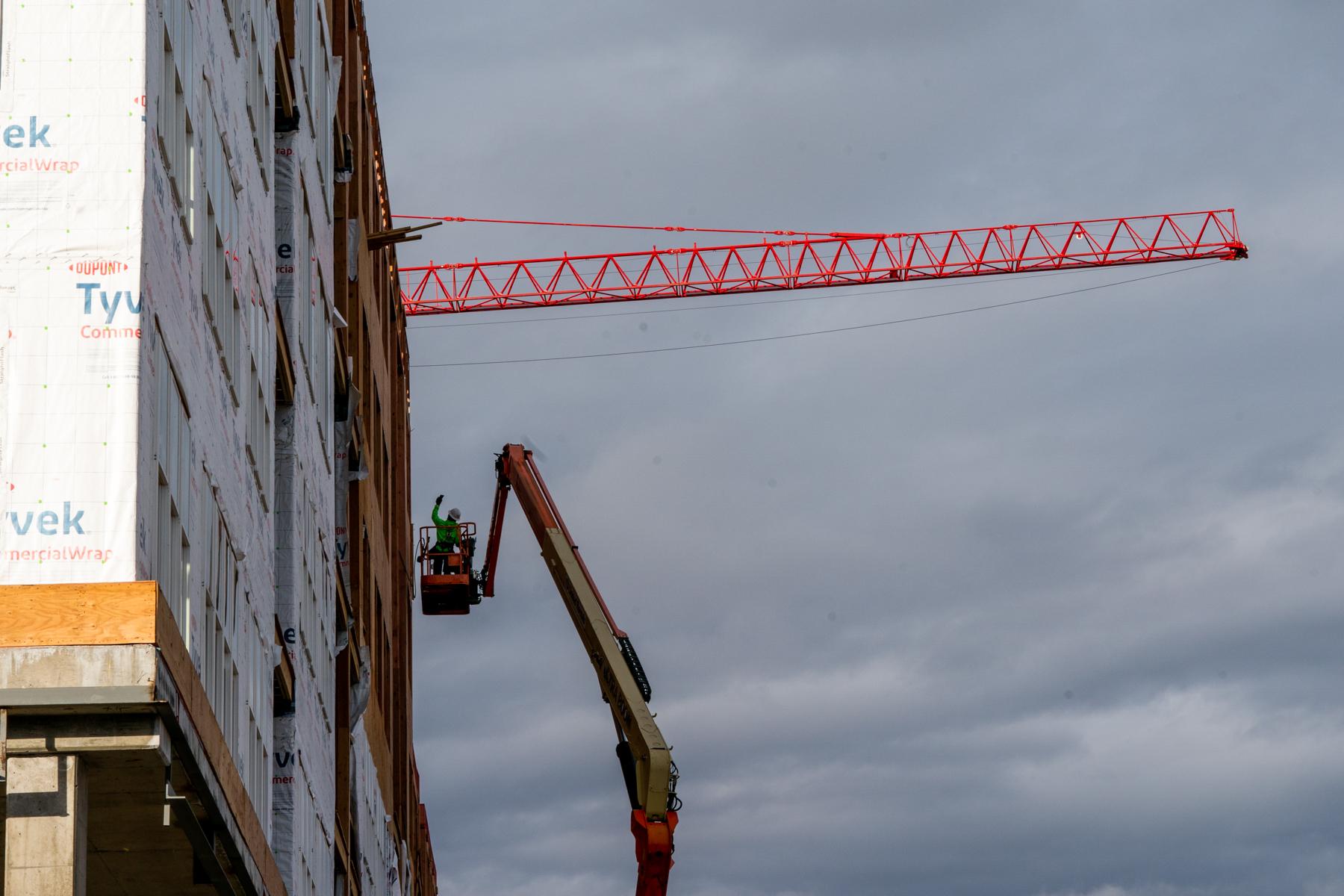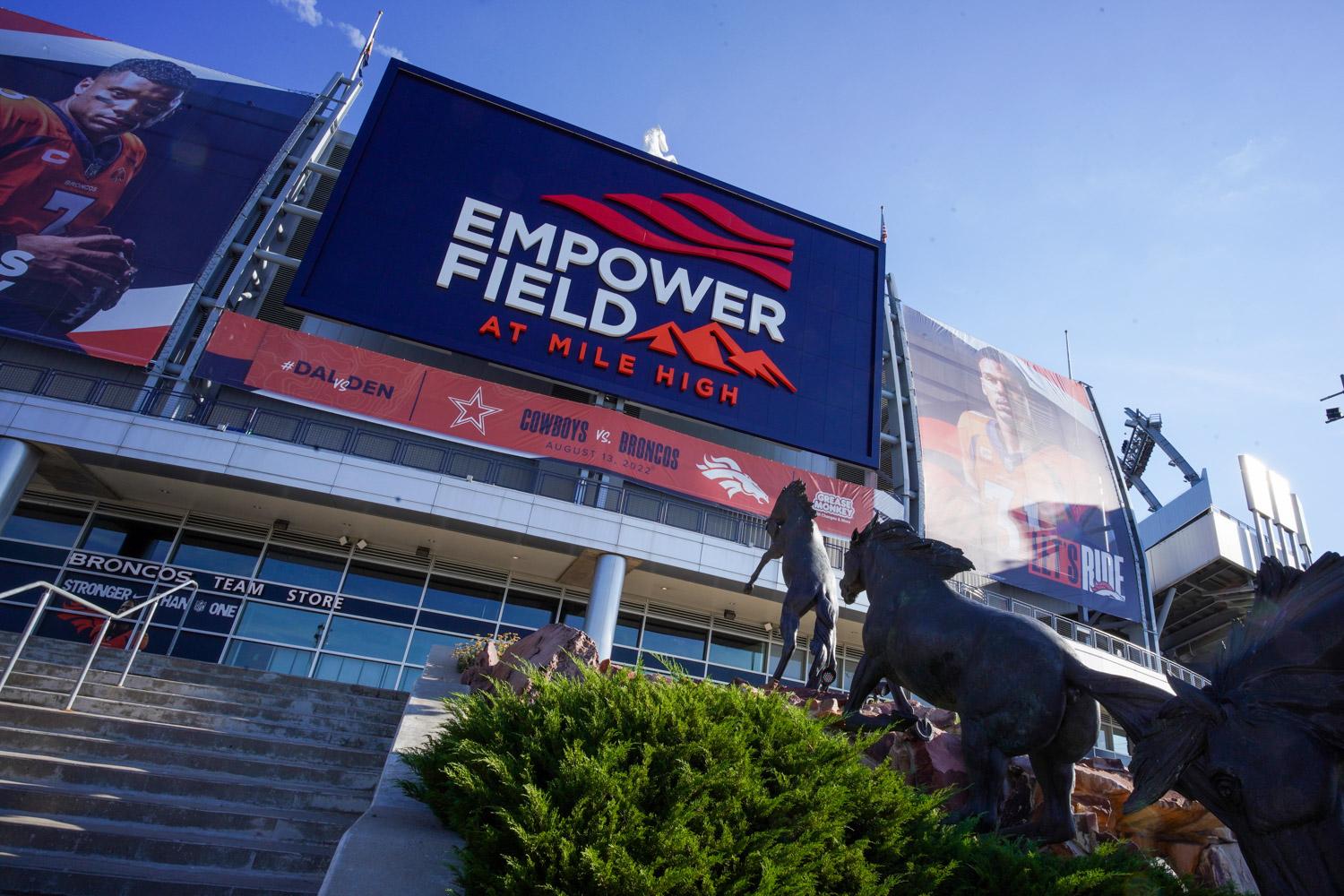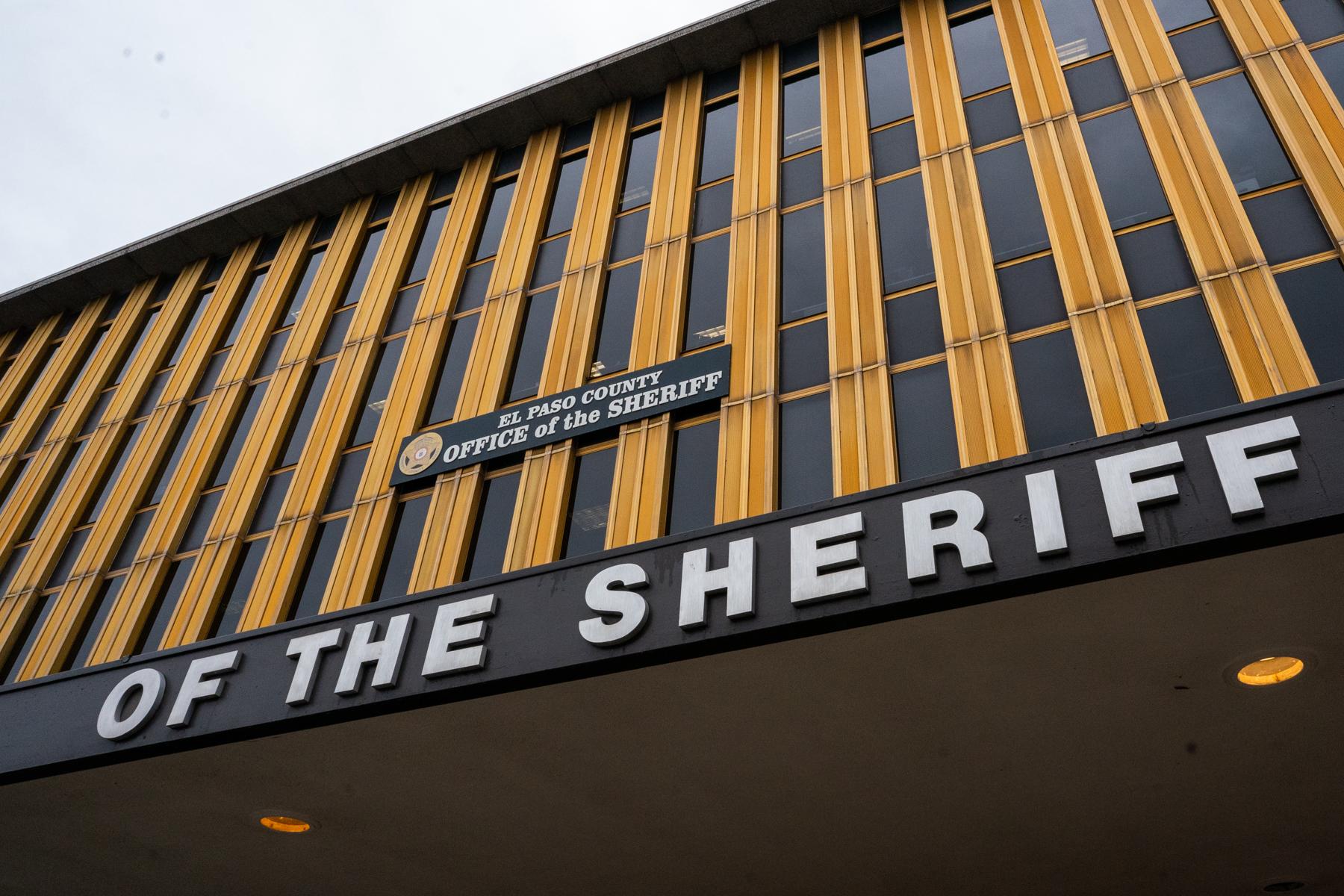
Gov. Jared Polis says he’ll make housing affordability one of his top priorities this upcoming legislative session.
On Thursday, he said a key to making housing affordable and environmentally friendly is to shift how Colorado grows: fewer sprawling neighborhoods of car-dependent single-family houses and more walkable, transit-friendly homes.
“It’s really a critical way that we need to grow,” Polis said at a legislative policy breakfast event organized by Louisville-based Commuting Solutions and attended by local government officials and business interests. “It’s the alternative to endless exurban sprawl, meaning we’re going further and further out, more cars on the road, longer commute times, higher cost to live close, and lower quality of life for everybody.”
The governor’s comments echo those he made during last year’s election campaign when he also said the state should take a larger role in land use decisions — historically the domain of local governments. Those comments upset the Colorado Municipal League, an advocacy group that represents municipal governments that has vowed to fight any attempt to usurp them.
But Polis argued Thursday that housing and transportation are issues that transcend individual communities. Many Front Range communities have sprawled outward for decades, which, in conjunction with rising housing costs, have forced longer commutes and created more air pollution and climate emissions.
“That just doesn't work as a development formula for a state,” Polis said. “We need to make sure we have thoughtful, smart planning, sustainable development, better transit services along transit-oriented communities that allow people to get to work in different ways.”
Research suggests that households in denser neighborhoods tend to produce fewer greenhouse gas emissions. The belief that density and more housing types lead to lower housing costs has gained support through the supply-side YIMBY — “yes in my backyard” — movement, though some contend it can accelerate gentrification. Surveys also suggest that 60 percent of Americans prefer to live in suburban communities.
This wouldn’t be the first time that the state government under Polis has tried to curb sprawl. The state Transportation Commission approved a rule in 2021 that could divert billions of dollars toward clean transportation. Local leaders in exurban areas criticized the policy, which later led to the abandonment of two major planned highway expansions.
It’s not yet clear exactly how Polis will try to accomplish his goals during the legislative session, which starts Jan. 9. But at a budget announcement earlier this week that touched on housing priorities, Polis suggested proposed legislation could focus on “cutting red tape” to allow more types of housing to be built in more places.
He also said his policy proposals are still being worked out with stakeholders and sought to frame them as solidifying the rights of property owners.
“It’s not so much about the state’s rights or the local government’s rights,” he said. “It’s kind of about ‘what can you do as a property owner?’ ”
In his comments Thursday, Polis also mentioned the benefits of reducing or eliminating parking requirements for developments near transit stations. California enacted a law to that effect last year.
Sen. Faith Winter, D-Westminster, and chair of the Senate Transportation and Energy Committee, said she hoped the state and local governments could work as “partners” on housing and land use.
“We want to be part of the solution, but we have to work together to make sure that it’s not top-down,” she said at Thursday’s Commuting Solutions event.
Winter also said she wants to expand on last year’s state-sponsored free transit fare program. That resulted in a significant ridership increase on RTD and other services, but is set to expire after the 2023 ozone season.
“We need to build on that success, continue that success, and make that success permanent,” she said.
CPR’s Sam Brasch contributed to this report.








